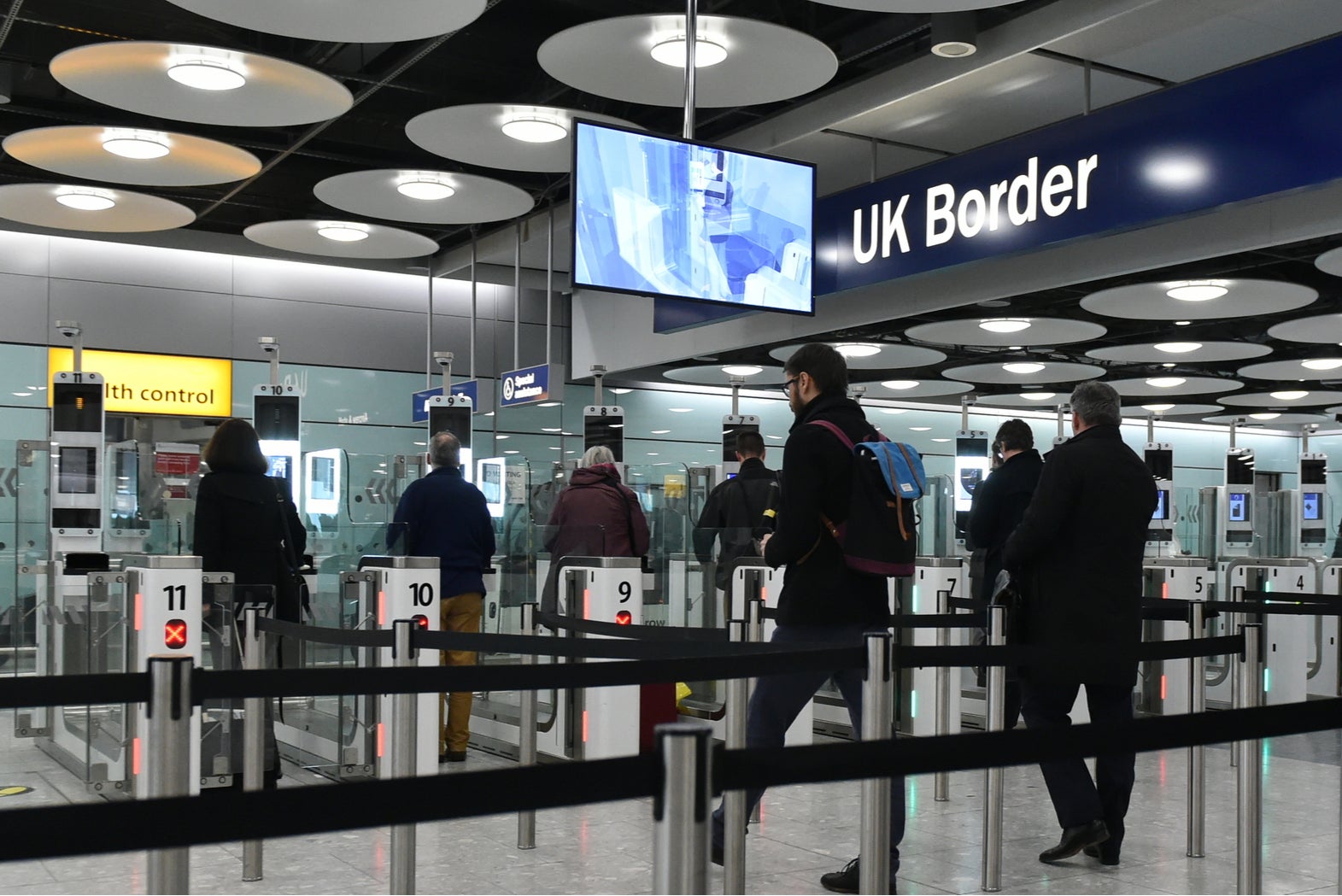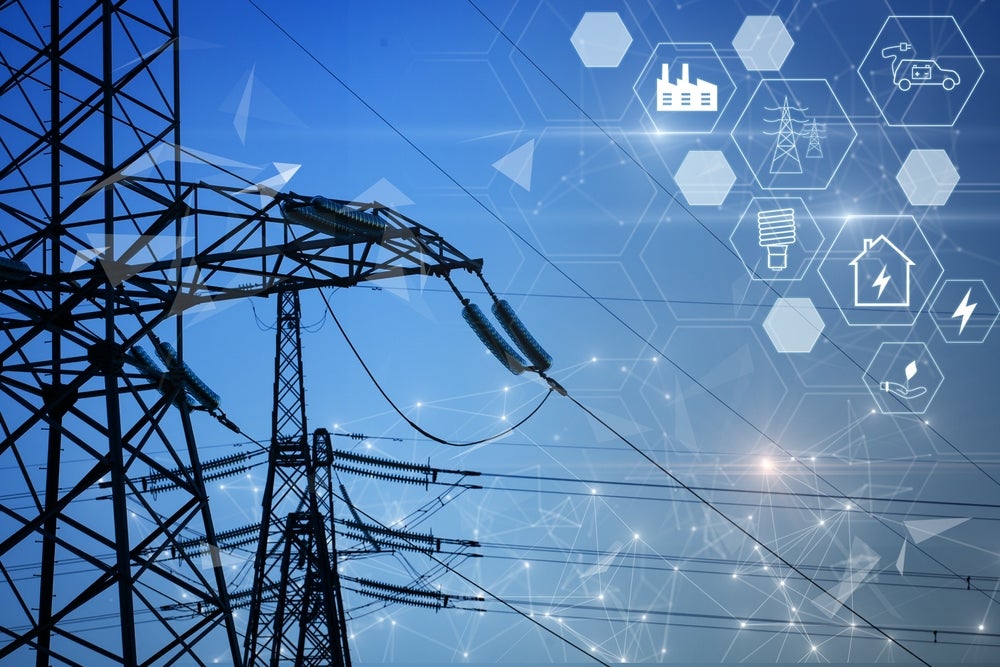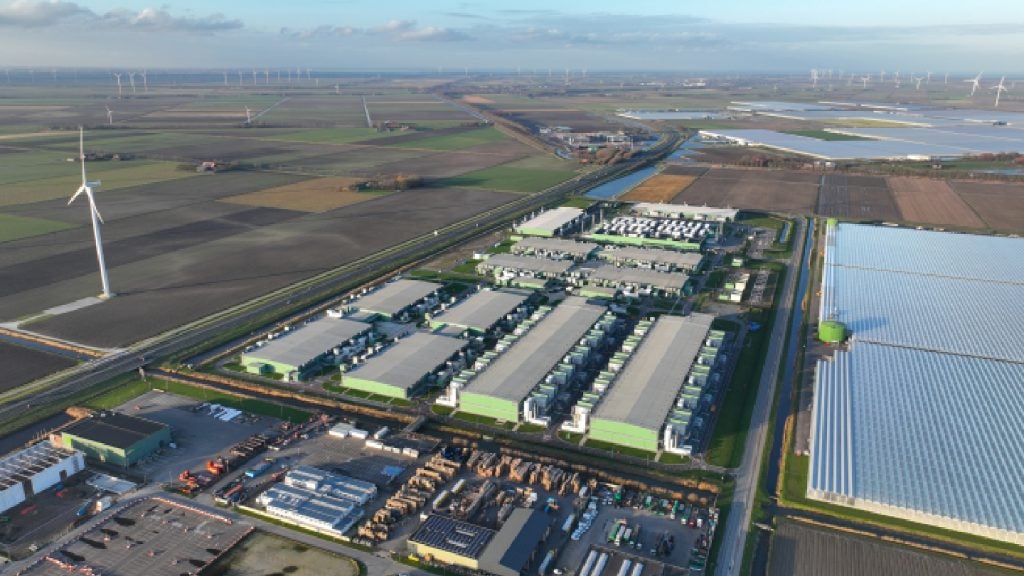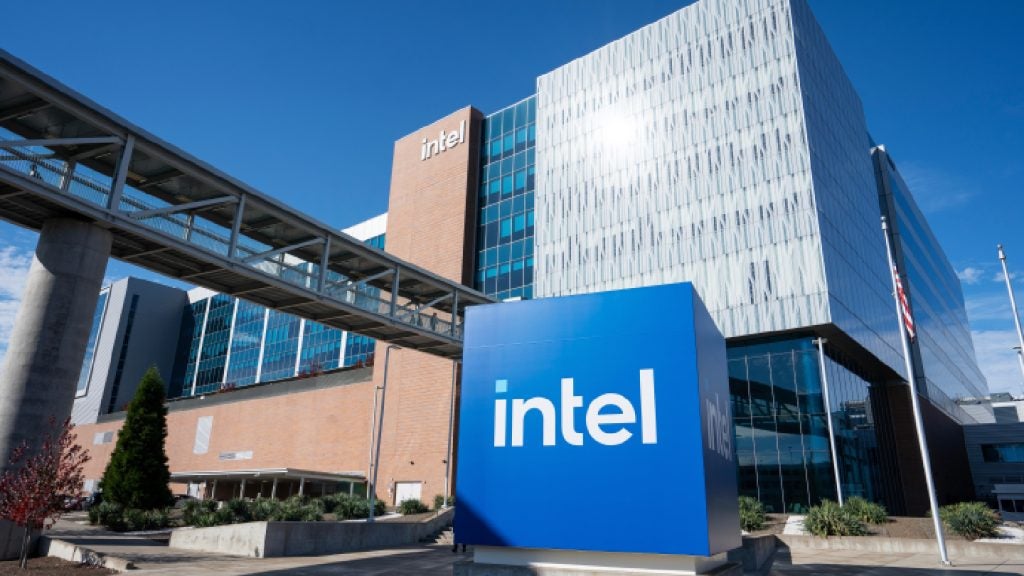
The next time you pass across a border, you might find yourself being interrogated by an artificial intelligence-powered lie detector rather than a human agent.
According to the Financial Times, Discern Science International is working to commercialise its AI lie detector technology for use at borders and airports.

Access deeper industry intelligence
Experience unmatched clarity with a single platform that combines unique data, AI, and human expertise.
Known as AVATAR (Automated Virtual Agent for Truth Assessments in Real-Time), the technology uses an interactive electronic interviewer to ask interviewees questions. At the same time, sensors and cameras track the person’s facial expressions and look for signals in the person’s voice, body and eyes. This data is processed by an analytical algorithm, which looks for clues that the person might not be telling the truth.
The technology has already been tested in airports, but it is unclear where these tests took place, or whether the technology will be implemented permanently.
Experts divided on AI lie detector technology
Discern’s technology has raised questions over whether an algorithm is capable of accurately detecting deception. Some experts fear the technology could produce false positives – traditional polygraph tests are known to suggest somebody is lying if they are under stress or struggling to recall a piece of information.
“People lie on a continuum,” Micea Zloteanu, psychology lecturer at Teesside University, told the FT. “There is no Pinocchio’s nose, no one thing that we know reliably predicts lying all the time.”

US Tariffs are shifting - will you react or anticipate?
Don’t let policy changes catch you off guard. Stay proactive with real-time data and expert analysis.
By GlobalDataHowever, Igor Baikalov, chief scientist at cybersecurity firm Securonix, doesn’t understand the scepticism that this “very interesting and promising application of AI” has drawn, given the techniques it uses are largely the same techniques used by human interrogators.
As Baikalov points out, the technology won’t complete replace human officials. The AVATAR system will flash green if no issues are detected, yellow if it notices something concerning, and red if there are serious issues. Yellow and red alerts will be passed over to a human for deeper investigation.
“I wouldn’t worry much about false positives: this system is not replacing human guards, it augments their ability to detect deception and significantly reduces their workload, allowing them to focus on truly suspicious subjects,” Baikalov said.
While the technology shouldn’t be solely relied on to protect borders, Baikalov believes that AI lie detector technology provides another layer of defence against threats.
“Can the AVATAR be beaten? Absolutely, just like the best interrogators and the most accurate polygraph machines. No one system or control should be completely relied on to prevent threats; defence in depth is what will keep us safe.”
AI lie detectors more accurate, less bias
Despite fears over the technology’s ability to accurately detect deception, tests show that AI lie detectors actually perform better than human interrogators. According to Discern Science International, its system has an accuracy rate of 70% to 92%. Humans, on the other hand, can catch deception around 54% of the time. Likewise, humans are also prone to bias, whereas machines – unless trained to be – are not.
“With proper training, I’d expect AVATAR to perform a lot better than an average human interrogator, since it’ll be more observant, as machines are, less tired or distracted, and less biased,” Baikalov said.
“It’s unlikely the AI trained on micro expressions would give preferential treatment to a pretty young woman over an unkempt bearded middle-aged man.”
And unlike a human interrogator, the system will be able to make use of data from every screening that takes place at every border that the technology is used at around the world. As the system matures, it will continue to learn from the data that is fed into it, improving its ability to detect issues.
Read more: Researchers develop neural network able to understand human emotion







